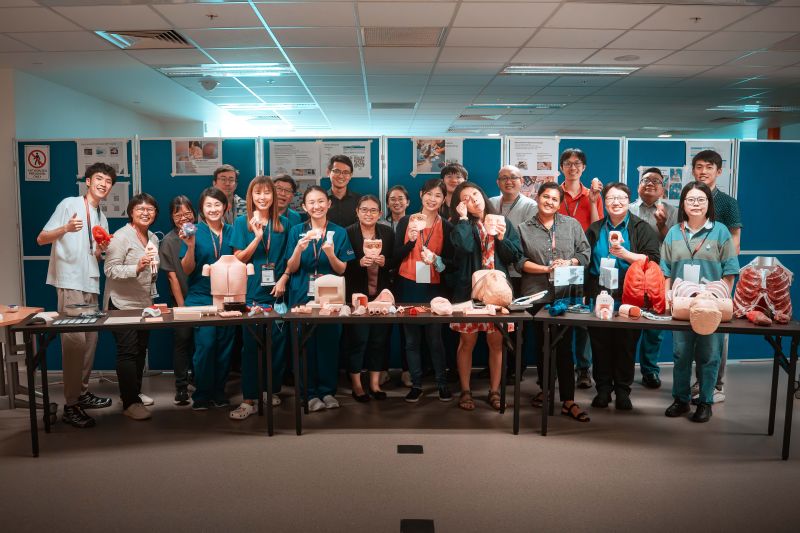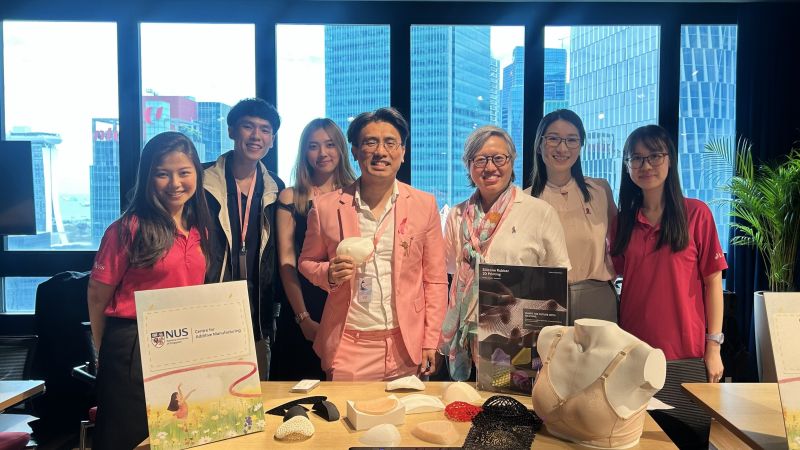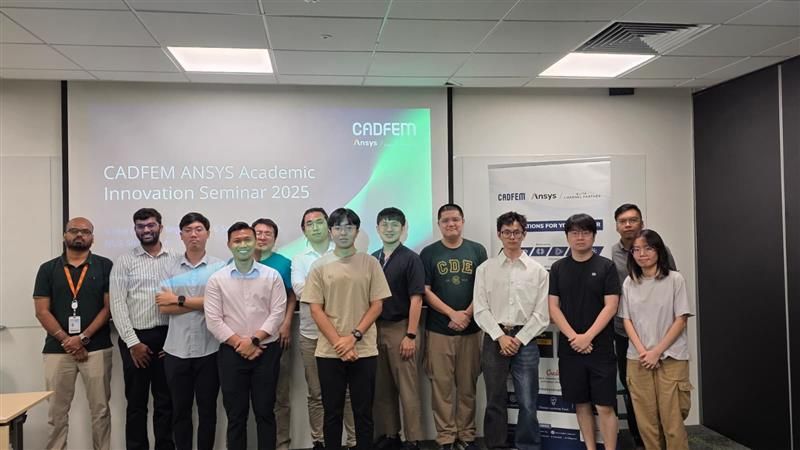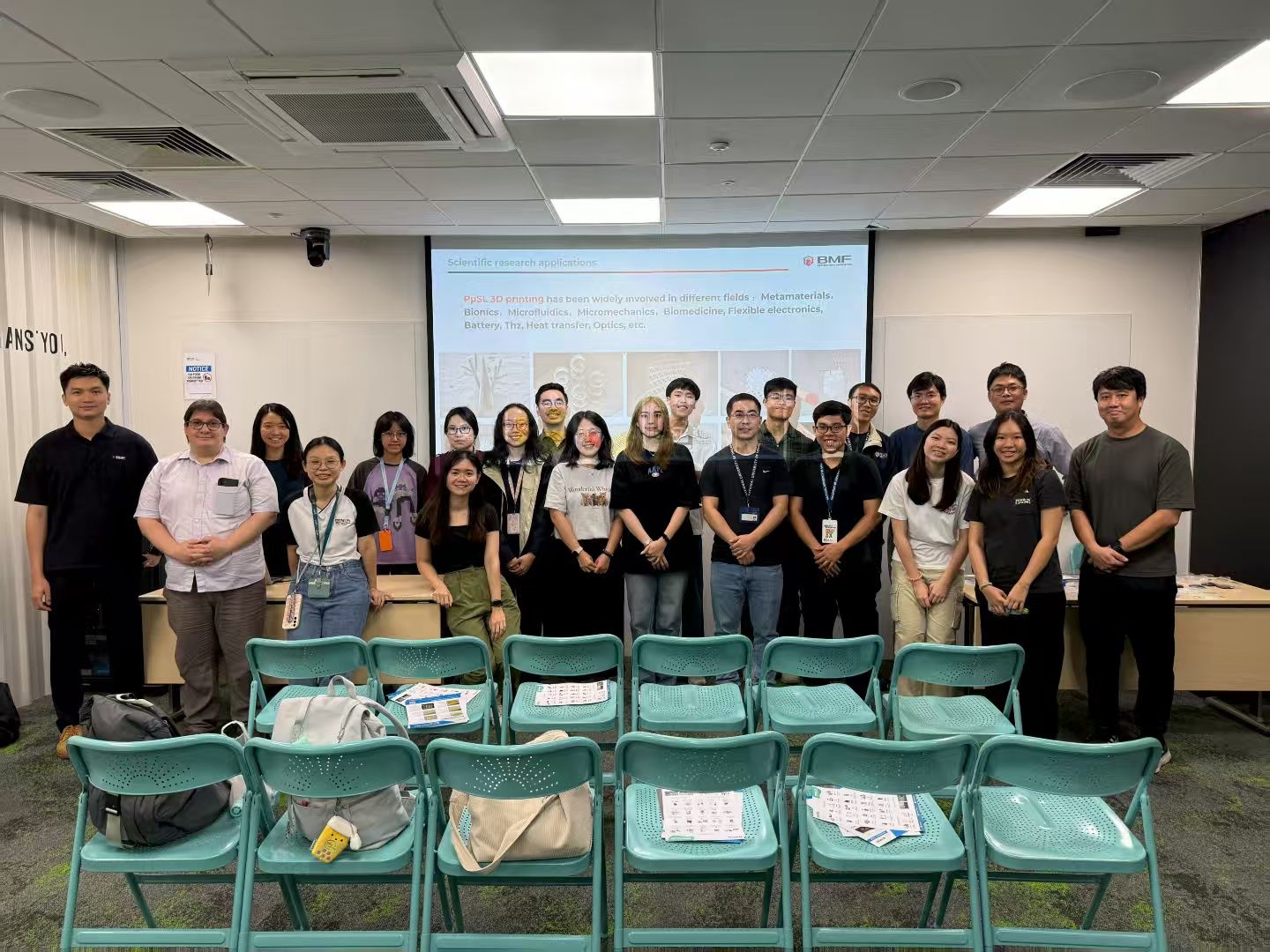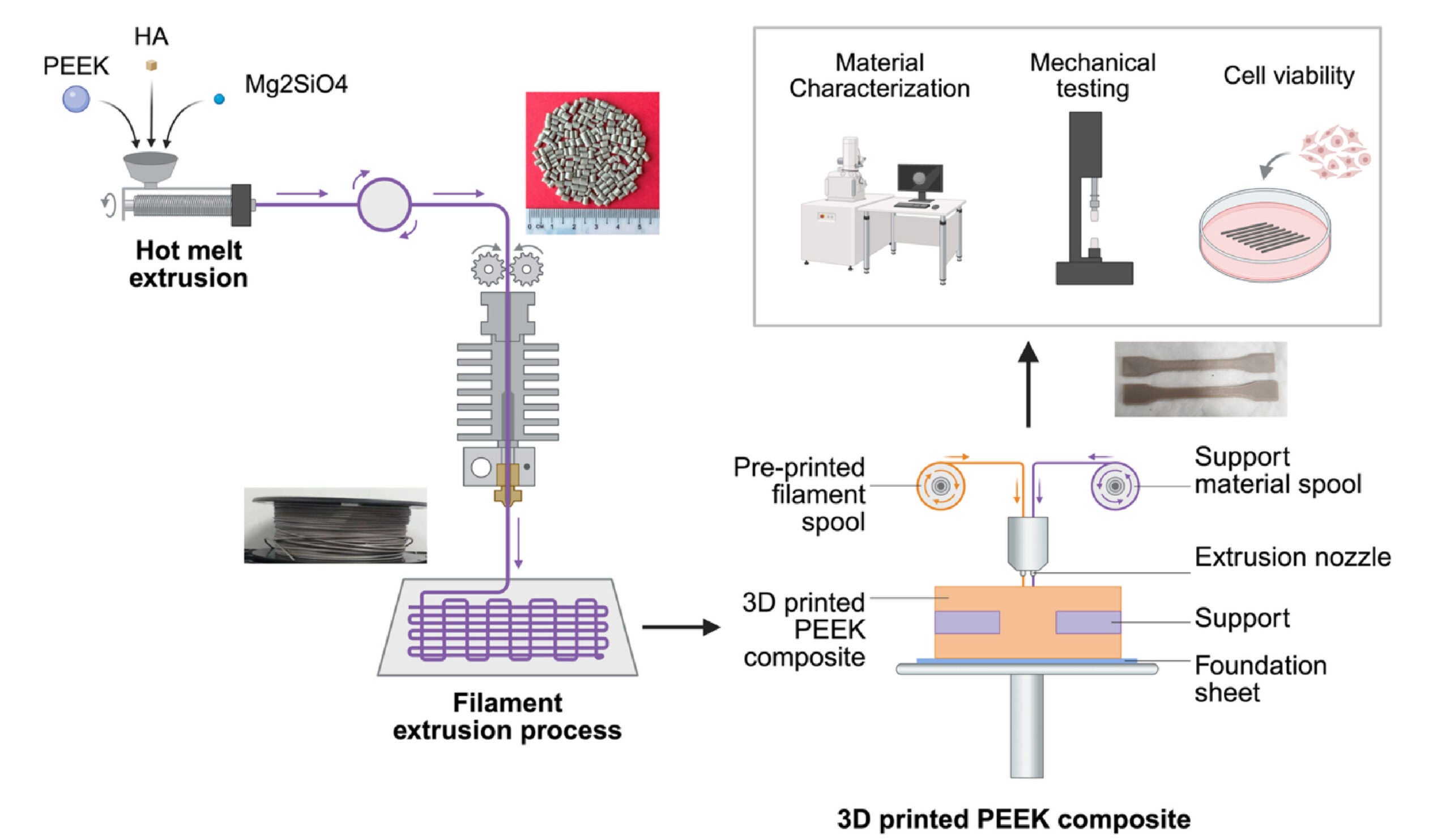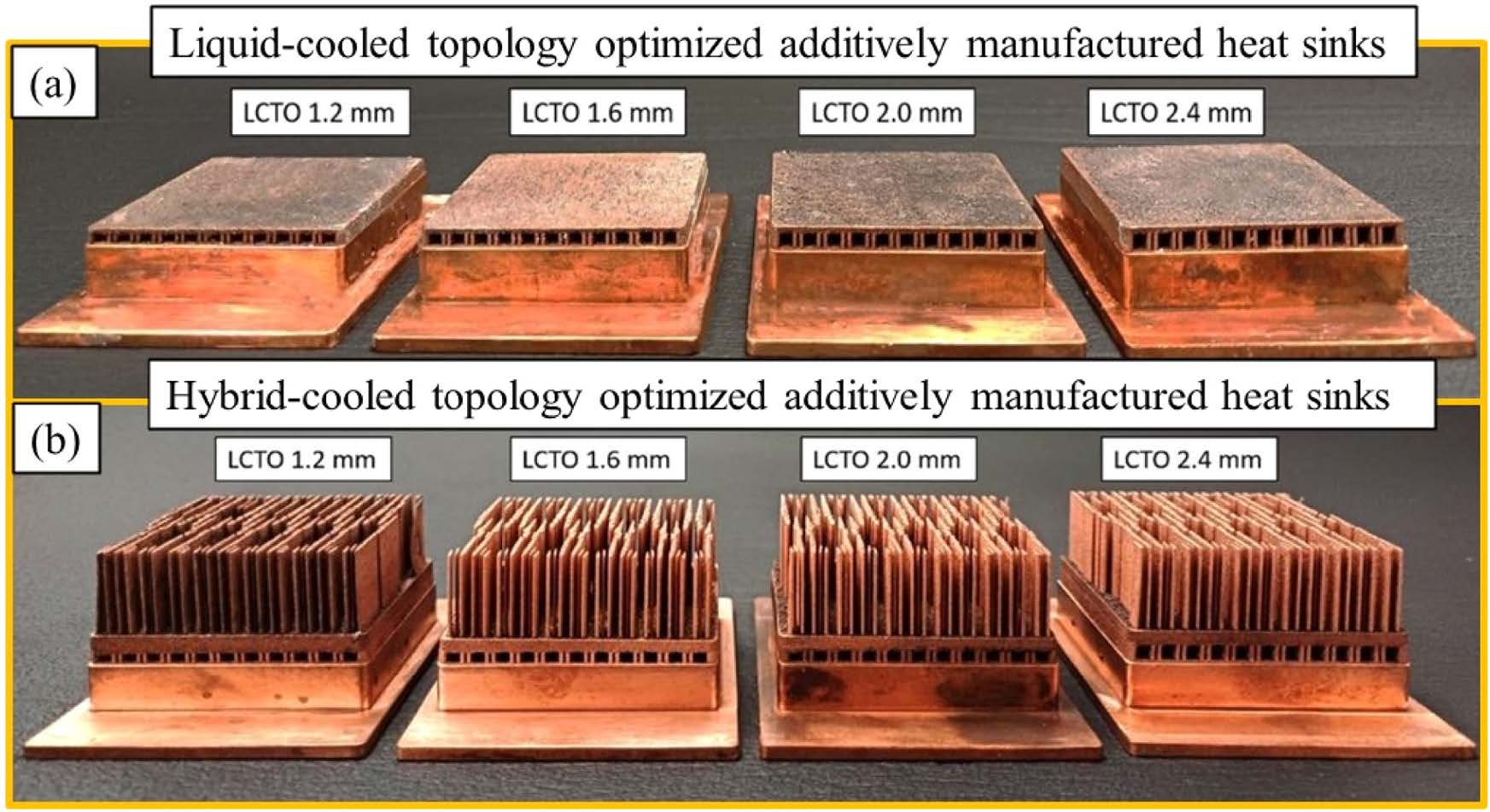Focus on Innovation! Corals in 3D printing? AM.NUS — This could be a future reality
Corals and human implants — what do they have in common? While seemingly unrelated to the layman, the NUS Centre of Additive Manufacturing (AM.NUS) sees a novel way to 3D-print medical and advanced human implants using cultured corals as a base material. AM.NUS has signed an International Technology Development Agreement with Taiwan-based Popeye Marine Biotechnology Ltd. (Popeye) in December 2020 to collaborate in this area.
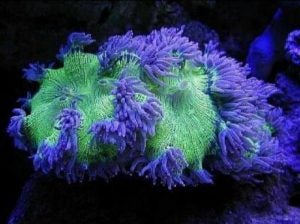
Why corals?
Coral is an important high-quality ceramic biomaterial used in medical applications. It possesses high biocompatibility and a natural interconnected pore structure that promotes the inward growth of cells. The future of bone implants will no longer need to be donated human bones, animal bones, synthetic ceramic materials or even titanium alloys. This collaboration is not only pushing the limits of bone development in humans, it will also revolutionise the use of medical materials.
Popeye is currently the world’s first marine biodiversity coral cultivation technology company with medical research, development, production and technical support. Popeye provides NUS with advanced materials for experimental use, to 3D print high quality implants and supports, as well as evaluate the potential of the material in tissue engineering.
Pushing new frontiers
Despite the limitations encountered due to COVID-19 the past year, the two parties pushed forward strongly in their cooperation, by leveraging on the world class facilities, expertise and advanced capabilities of AM.NUS. The key technological strengths possessed by NUS span from bio-printing, to development of materials and 3D printing technologies for medical use.
To reach AM.NUS please email: am.nus@nus.edu.sg


